| DEPARTMENTS | |
|---|---|
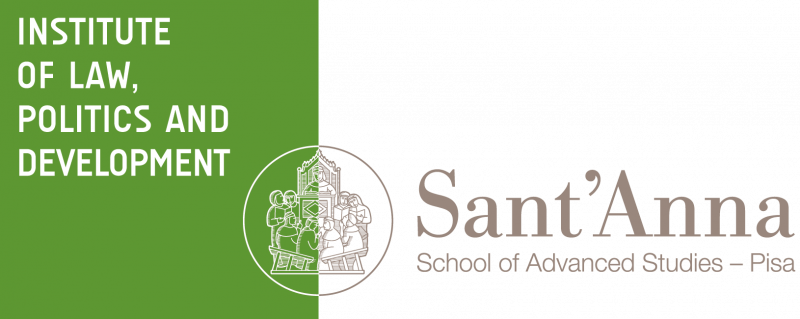 |
The DIRPOLIS Institute (Institute of Law, Politics and Development) at the Scuola Superiore Sant’Anna, Pisa, is a research center devoted to interdisciplinary studies in the fields of law, economics and political sciences. Relevant areas of research are European Private Law, Public Law and Social Policies, Human Rights, Comparative Law, Law and Technology, Criminal Law, Legal Theory, Political Philosophy and Ethics. A Center for European studies operates within Dirpolis, which carries out several research projects, some of which supported by a Jean Monet Module. The Institute conducts innovative research by adopting a multidisciplinary approach. The Institute strives to provide scientifically sound and action-oriented bases to effective decision-making processes, at both private and public levels. |
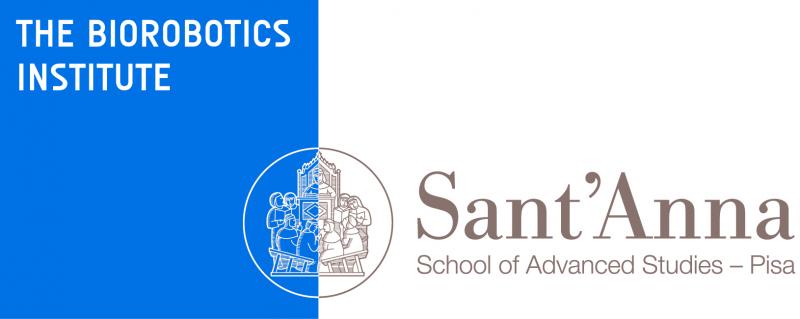 |
The BioRobotics Institute at the Scuola Superiore Sant’Anna, Pisa, has a long time expertise in several fields of Robotic. Relevant areas of research are Assistive Robotics, Neurorobotics and Bionics, Humanoid Robotics, Neural Interfaces. The Institute promotes the internationalization of didactics and scientific research and it has a strong experimental focus on design, fabrication and experimental assessment of robot prototypes. The BioRobotics Institute is involved in several national and international projects and established, within the Robolaw and ERR projects, a joint collaboration with DIRPOLIS. The Institute spun out 24 start-up companies. |
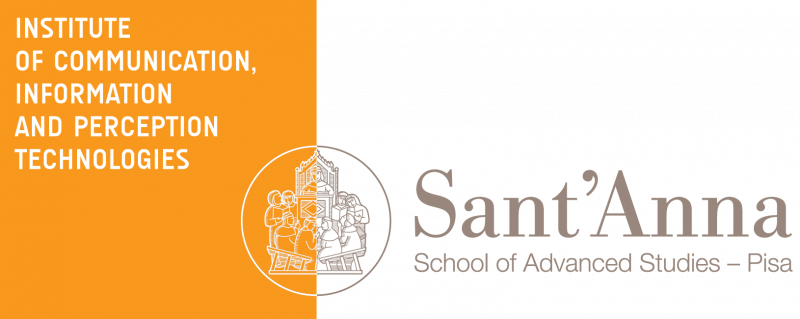 |
The TeCIP Institute (Technologies-Communication-Information-Perception) at the Scuola Superiore Sant’Anna, Pisa, is a Centre of Excellence of the Italian University, Scientific and Technological Research Ministry. The TeCIP focuses on innovative and interdisciplinary research about new generation systems to improve human computer interaction (HCI) and robot mediated human environment interaction. The Center is involved in several national and international research projects and can count on a budget of more than 10 million euro to develop its research activities aiming at extending technological development. |
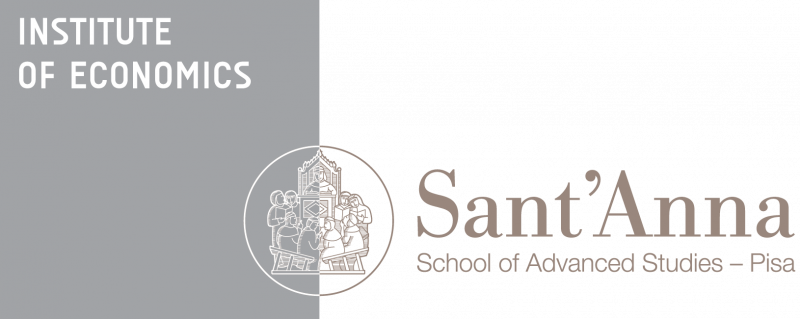 |
The Institute of Economics at the Scuola Superiore Sant’Anna, Pisa, carries out research and training activities in the field of empirical and theoretical economics. The Institute fosters the dialogue between empirical investigations, theoretical developments and normative contributions – concerning both corporate management and public policies – offering an interdisciplinary environment in which different research interests and competencies, ranging from Economics, to Information Sciences, Mathematics and Physics meet and can be fruitfully integrated. Members of the Institute of Management are well nested in an international network, also through the participation to various national and international research projects. |
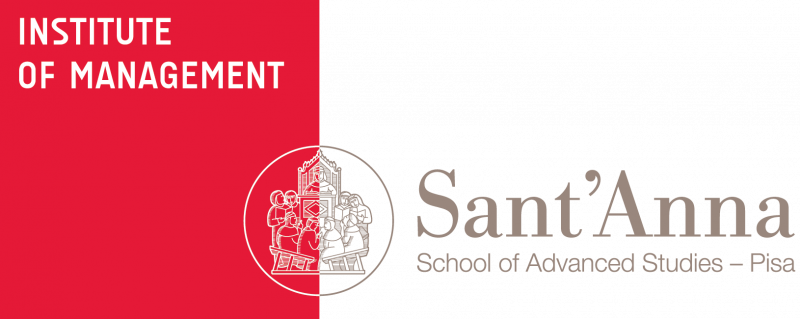 |
The Institute of Management (IdM) at the Scuola Superiore Sant’Anna, Pisa, it is a research center operating in the field of management in private and public organizations. IdM is the result of a long-term cultural project with particular reference to the management of innovation, sustainability and health, with particular focus on innovation in technological change. An interdisciplinary approach in teaching and research characterizes the activities of the Institute, which frequently cooperates with the other institutes involved in the project. |
| COLLABORATING INSTITUTIONS | |
 |
The Department of Philosophy at the University of Vienna it is linked to EURA CoE through its senior fellow Mark Coeckelbergh. Prof. Coeckelbergh’s research group of the Chair Philosophy of Media and Technology in particular, is highly specialized on the widest variety of issues in philosophy of technology, including R&A specifically. The University of Vienna is associated with twenty Nobel Prize winners and a large number of scholars of worldwide academic importance. It is of the largest universities in Europe, one of the most renowned especially in the Humanities field. University of Vienna already hosted some of the most relevant international conferences on the CoE, such as the 2018 Robotphilosophy conference. |
 |
The presence of the senior fellow Luke McDonagh assures the cooperation between the EURA and the City Law School, University of London. The City Law School is an international well renowned centre, among others, for the study of the law of the European Union and offers of high-quality graduate legal education and a stimulating research environment. The City Law School’s expertise is wide and covers teaching and research of different areas of European law, including EU constitutional law, EU international relations, internal market law, human rights, competition, and European immigration law. |